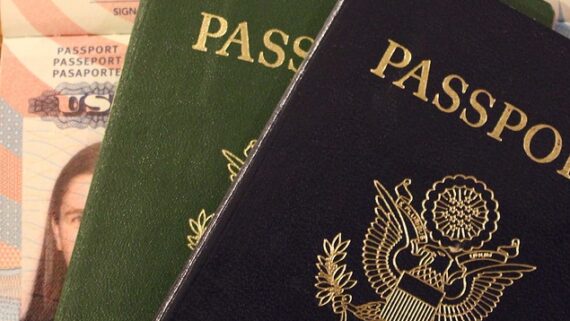Broker Dealer
A broker-dealer engages in the business of buying and selling securities either on behalf of a customer (a “broker”) or for its own account (a “dealer”). Broker-dealers usually charge a commission for each transaction.
Broker-dealers range from small independent firms that contract with other brokerage firms to clear and settle trades, to large “wire house” firms that are units or subsidiaries of banks or investment companies. A broker-dealer engaged in interstate commerce must be registered with the SEC and in the states where it conducts business, and is subject to the regulatory requirements of the Financial Industry Regulatory Authority (FINRA).
A CPA firm choosing the broker-dealer business model can transact business as an independent broker-dealer with a relationship with a clearing broker, as a branch office of an existing registered broker-dealer or as a registered representative of a broker-dealer firm. Conducting an investment services business as a registered broker-dealer firm requires significantly more financial, personnel and administrative resources and is less common for CPAs, than the registered representative model.
A broker-dealer firm and its registered representatives can be compensated by commissions paid by the client or on a fee basis from clients. Non-registered employees cannot participate in securities transactions.



